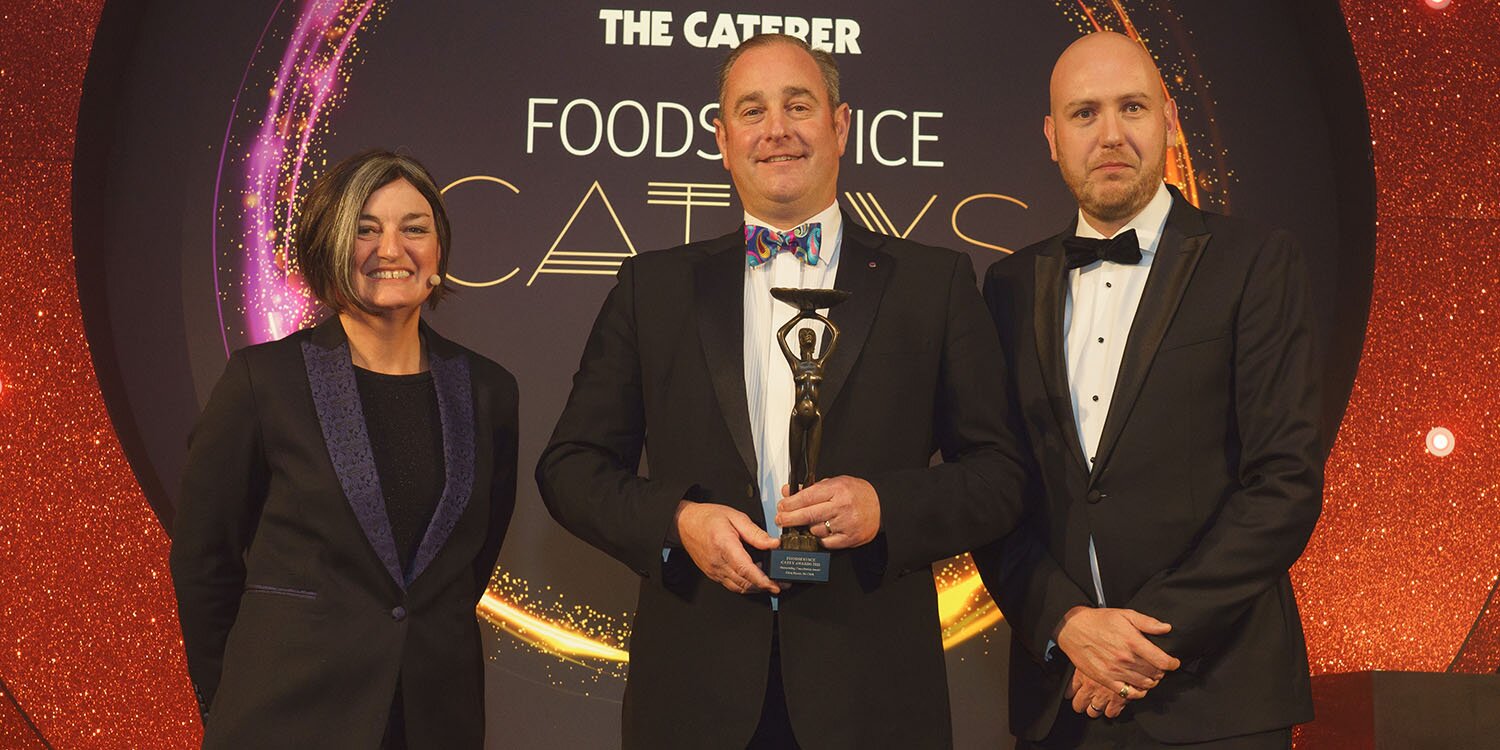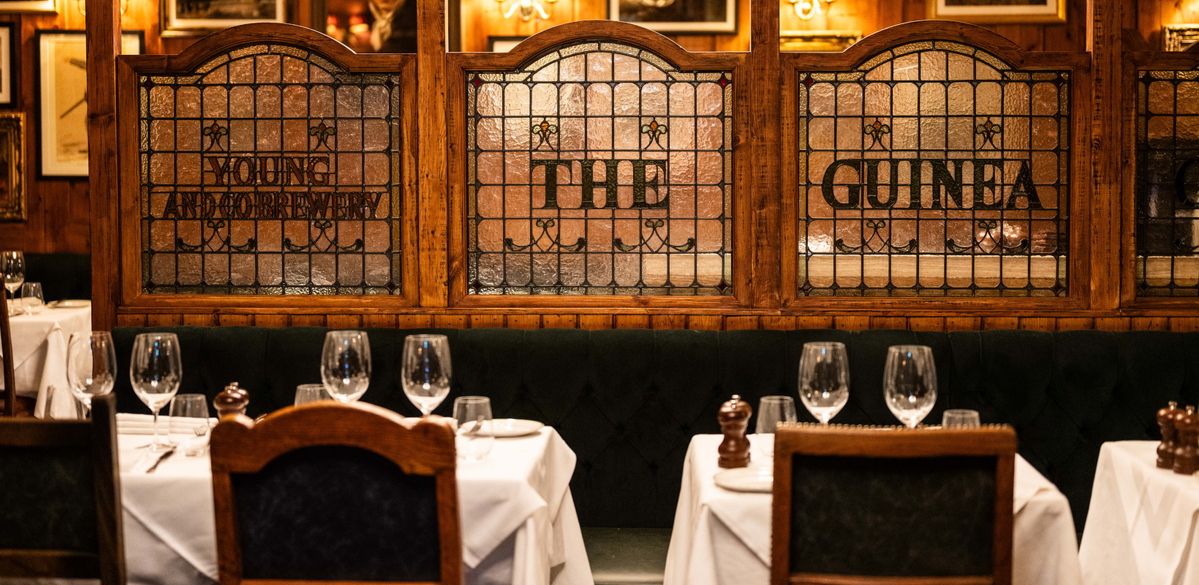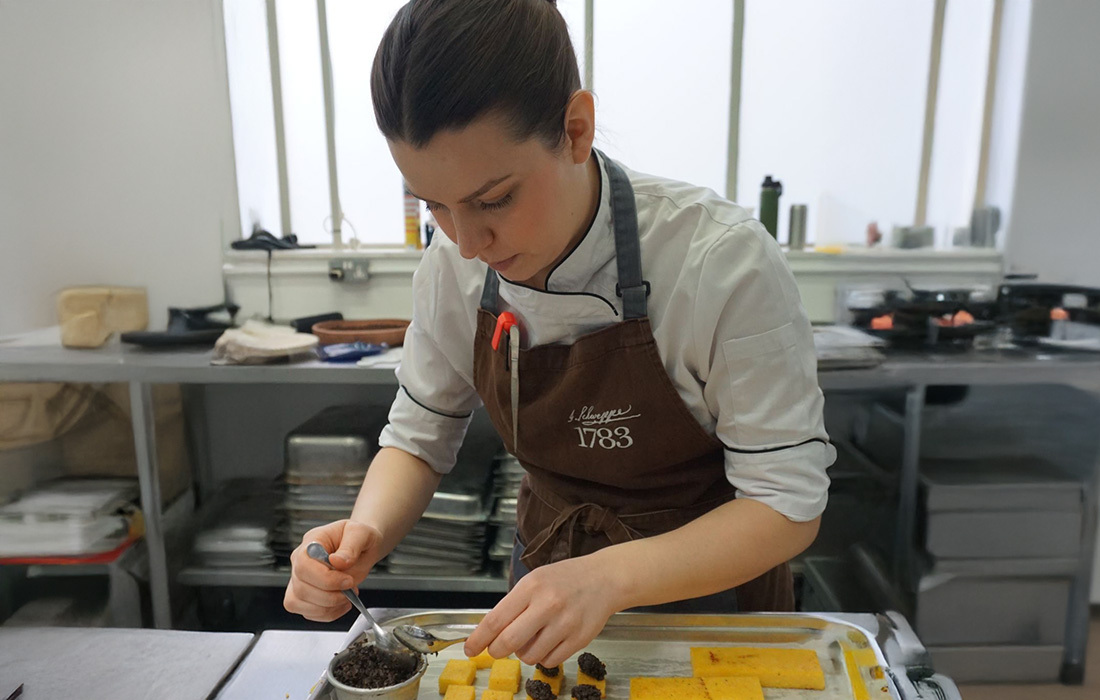Foodservice Cateys 2021: Outstanding Contribution Award: Chris Moore, the Clink Charity
Chris Moore has been at the helm of the Clink Charity, based at HMP High Down in Sutton, since 2010, and in the decade since has grown the organisation significantly and changed the lives of thousands of its graduates.
Moore’s career in hospitality began in hotels with Hilton before he moved into restaurants at Harrods, working his way up to restaurants general manager where he developed the in-store restaurants and food hall eateries. He gained a taste for the growth that he would put in place at the Clink while head of group restaurants at Fenwick, where he created and operated 37 restaurants across 12 sites.
With a background in building restaurant businesses, Moore was appointed chief executive of the Clink as part of a long-term plan to expand the prisoner training concept across Her Majesty's Prison Service.
Founded by Al Crisci, the Clink charity’s main objectives are to change attitudes, transform lives and create second chances, and it’s fair to say that Moore, who will leave the charity at the end of the year, has ensured that its impact has been far-reaching.
Since 2010 the group has trained thousands of prisoners to work in front and back of house hospitality roles, as well as in horticulture. Moreover, those it has touched have benefitted from training and support that has given them a far better chance of succeeding on leaving prison. Research conducted by the Justice Data Lab and the Ministry of Justice in July 2019 found that prisoners participating in the programme were 32% less likely to reoffend.
As Finlay Scott, chairman of the Clink Charity, said when Moore announced his departure: “Chris has taken the Clink from a single start-up training restaurant to being one of the most effective organisations reducing reoffending in the UK.”
During his tenure the charity has grown from one restaurant in HMP High Down in Sutton to deliver 14 training projects: four restaurants, six kitchens, three gardens and one event catering business.
Each restaurant offers prisoners real life work experience, with guests visiting the sites to experience their front of house and cheffing skills, while they gain nationally recognised City & Guilds qualifications. By training prisoners in the last six to 18 months of their sentence and supporting them on their release in finding full-time employment in the hospitality industry, the Clink Charity under Moore’s leadership has dramatically reduced the reoffending rate of those who train in the restaurants.
Earlier this year the Clink and New Futures Network announced a new inmate hospitality training scheme that will be adopted across more UK prisons. The Clink Kitchens will now deliver training in up to 70 prisons over the next three years, enabling up to 2,000 men and women to achieve qualifications in hospitality and gain employment on release. The number of students on the programme will also increase from 220 to 800 a day.
These numbers are not only great news for a hospitality industry desperate for eager new recruits, but they’re also fantastic news for the graduates who will gain meaningful employment as they reintegrate into society and receive a genuine second chance with a meaningful career. It is Moore’s enthusiasm, hard work and vision that has made it all possible.
Past winners
- 2019 Mike Sunley, Lexington Catering
- 2018 Wendy Bartlett, Bartlett Mitchell
- 2017 Simon Esner, BaxterStorey
- 2016 Phil Hooper, Sodexo
- 2015 Robyn & Tim Jones, CH&Co Group
- 2014 Henry Dimbleby and John Vincent
- 2013 David Mulcahy, Sodexo



















